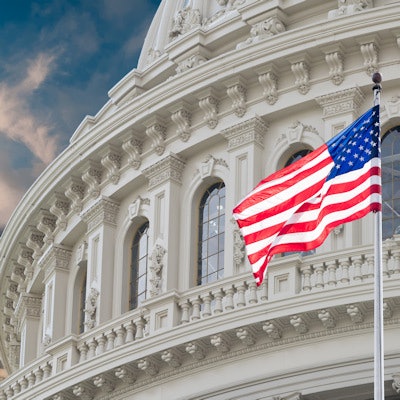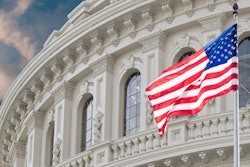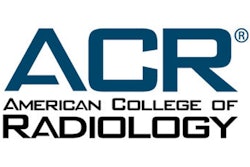
The No Surprises Act, slated to go into effect January 1, 2022, was enacted to protect patients from surprise medical billing. But it could result in insurers gaining leverage over physician practices in out-of-network (OON) reimbursement disputes, according to a study published July 6 in Radiology.
The new law was passed as part of the Consolidated Appropriations Act of 2021 and is intended to take patients out of the middle of insurer-physician OON reimbursement disputes and limit their standard in-network cost-sharing amounts. The law is based on arbitration and attempts to protect good faith negotiations between physicians and insurance companies and encourage network contracting.
"Benchmarking, preferred by insurers, caps out-of-network reimbursement at the median of in-network rates. This favors insurers by giving them leverage over physician practices," said co-author and radiologist Dr. Richard Duszak of Emory University in a statement.
"In contrast, third-party arbitration to resolve payment disputes between insurers and out-of-network providers preserves good faith negotiations," he added.
Details on how the law will be implemented continue to be ironed out, but radiology practices that are in network or have not been involved in out-of-network balance billing may expect to feel an impact, according to the Harvey L. Neiman Health Policy Institute, a research organization involved in the study.



















